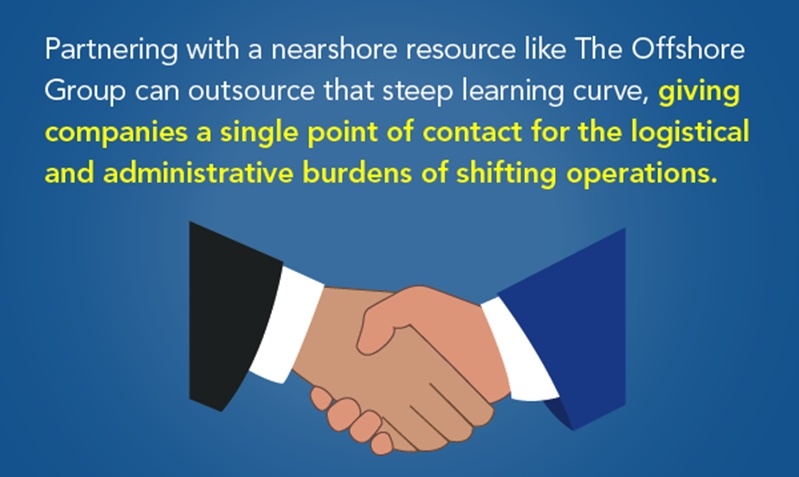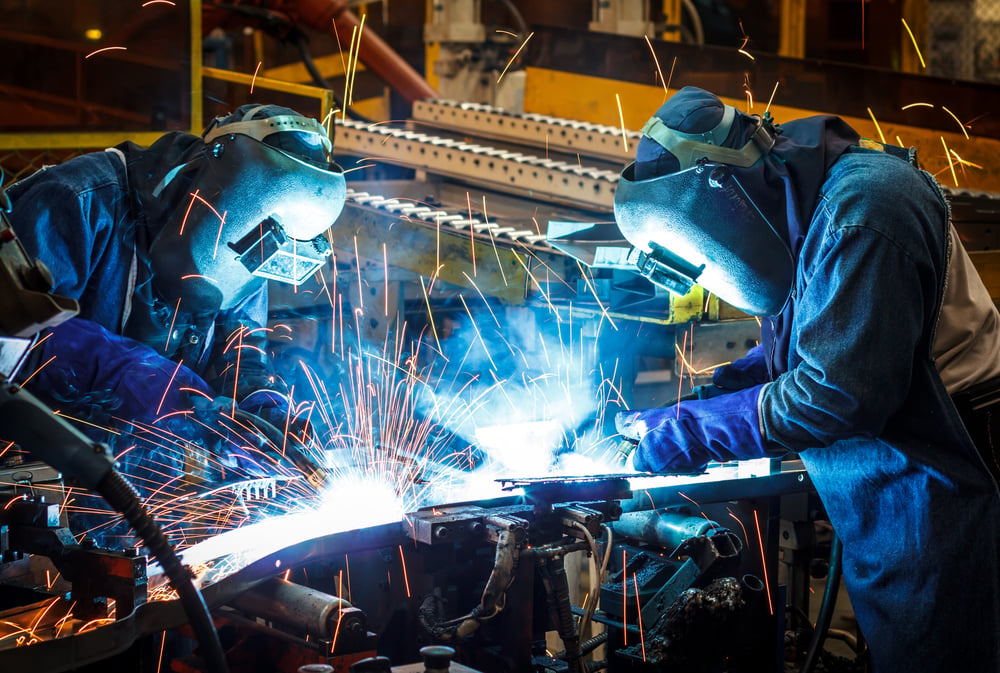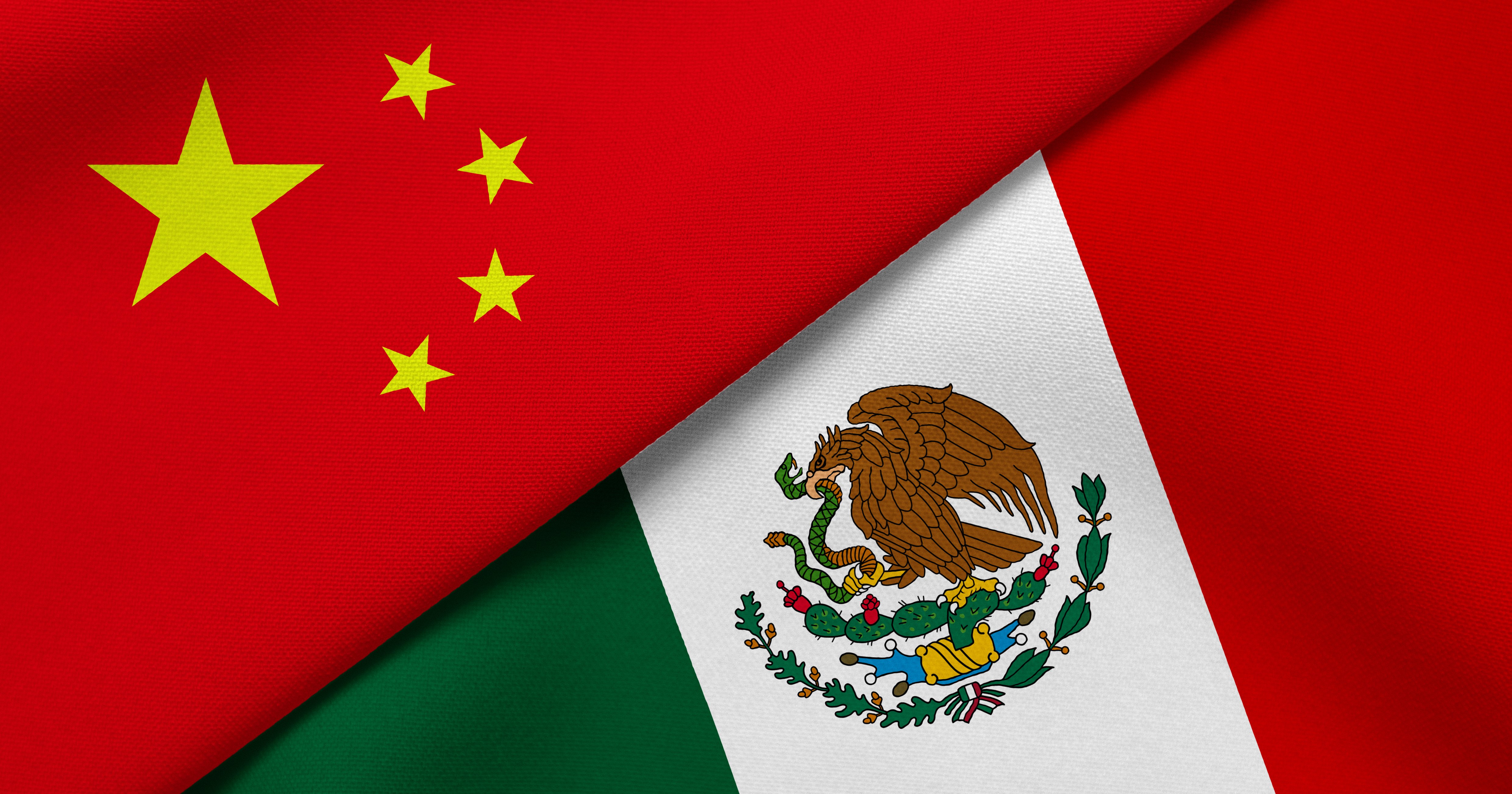Mexico is emerging as a global powerhouse for high-quality, sustainable manufacturing. We sat down with David McQueen, director of consulting services for The Offshore Group, to find out what's fueling Mexico's accelerating manufacturing sector.
To understand Mexico's roll in North American manufacturing, it's worth reviewing the recent, short-term use of China as a low-cost outlet for U.S. manufacturing work. China was never poised to be a long-term resource for American companies. For a time, the substantive wage gap created enough value in the Chinese labor market to justify high inventory and transportation costs, quality issues and long lead times. That wage gap has now narrowed and, somewhat unexpectedly, China is best positioned to support eastern markets.
Mexico, on the other hand, is a fully integrated partner in the North American economy. "Thirty years ago," McQueen says, "Mexico was a place to find low-cost, unskilled labor." The outsourced opportunities that made sense in the 80s and 90s were labor-intensive operations like making clothes and wire. However, after decades of reforms and investment, Mexico has a young, educated workforce, aggressively pursuing employment opportunities. As the wage gap in China evaporated, Mexico was investing in a "technically sophisticated manufacturing workforce, supplying aerospace, automotive and electronics."
 Mexico continues to prove itself as a prime location for nearshoring manufacturing operations.
Mexico continues to prove itself as a prime location for nearshoring manufacturing operations.Who's right for Mexico?
Many of the larger domestic companies already operate in Mexico. As a partner in the North American Free Trade Agreement, Mexico is open to foreign investment. The big players are already capitalizing on Mexico's proximity to the United States and shared, westernized business practices.
Obviously, companies off all sizes must remain profitable. Expansion in any market, Mexico included, doesn't make sense without meeting that basic requirement. What Mexico provides for many domestic operations is incremental improvement to established lines of business.McQueen points out that small to mid-sized companies are increasingly seeing benefit to partnering with nearshoring operations like The Offshore Group. For these companies, outsourced opportunities are less about wage differentials like what once lured companies to China. Instead, these manufacturers are moving to perform as local suppliers to the larger, established companies.
Familiarity, security and talent
Steady growth in Mexico's manufacturing sector is chipping away at the historical reluctance to relocate operations. Fear of the unknown will always be a barrier to business. McQueen acknowledges that "Mexico is unfamiliar territory, and many smaller companies have no
experience expanding outside their local region." Partnering with a nearshore resource like The Offshore Group can outsource that steep learning curve, giving companies a single point of contact for the logistical and administrative burdens of shifting operations.
Traditional concerns about security or workforce turnover may be an issue in border communities. These concerns are closely related the general sense of unfamiliarity with a new market. The solution is similar, as well. A partner like The Offshore Group can offer participation in manufacturing communities where safety is no more an issue than any major U.S. city.
The availability of talent is a legitimate concern, as well. It's largely unwarranted with regards to Mexico, however. As mentioned, Mexico has made significant investments in education and workforce development, and McQueen says that "in most of the industrial regions of Mexico, skilled personnel at all levels, including management, are available." As with local administrative and regulatory issues, a partner can help with hiring and retention.
Timing the move to Mexico
When is the right time for a company to offshore its operations? The flippant answer is 'when it makes sense.' Luckily, McQueen has identified several distinct signs that indicate the timing might be right. First, a company needs to be prepared with clearly defined and robust processes. "Operations which depend on individual know-how and do not have documented systems will find it challenging to develop a remote location."
Companies will also benefit from moving established lines of business. There are efficiencies to be gained by companies willing to capitalize on the incremental business advantage of relocating near large-scale clients. In the event of new business, there may be benefit (or a contractual requirement) to locating in Mexico.
Regardless of the reasons to move, Mexico is positioned to perform as an advantageous manufacturing resource for decades. "China," McQueen reminds us, "may never have made long-term sense as a significant source for North America, but Mexico should be on the radar of every manufacturer in Canada and the U.S." Shelter companies can provide a one-stop source of information and assistance.
Subscribe
Sign up and stay informed with tips, updates, and best practices for manufacturing in Mexico.





